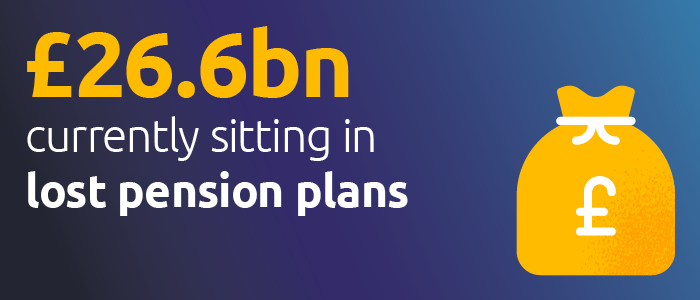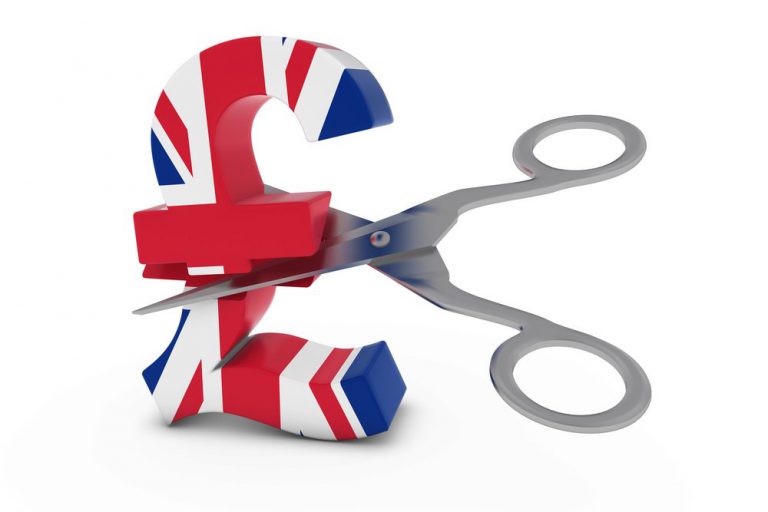Investing in Crisis: Personal Perspective.
In our previous article we discussed the historic perspective of investing in the turbulent economic times. Today let’s talk about factors that you should consider when deciding on your investment strategy.
First of all, assess your personal financial situation, and discuss it with your financial adviser. Here are some things to consider:
Emergency savings. If you don’t have a healthy emergency savings account, you may want to prioritize that before you invest more during a crisis or recession.
High-cost debt. If you’re paying a higher rate for your credit card debt than you believe you could earn from appropriate investments, paying off your debt and eliminating that expense from your budget may be more important than investing more during a crisis or recession.
Short-term needs. If you expect to need cash for short-term expenses, such as rent, home repairs, college tuition, or medical costs, or if you expect to retire within the next few years, you may not want to invest more because your time horizon could prove too short for you to recoup any losses.
Retirement savings. Saving for retirement should be an important goal even during a crisis or recession. If you have a retirement plan or individual retirement account, you may want to continue to invest so you can take advantage of the income tax benefits.
If you decide to invest, whether it’s during a crisis or recession or not, there are ways to try to lower your risk. The time-honored strategies are diversification and value investing.
- Diversification. Invest in a wide variety of stocks, bonds, and funds that fit your time horizon and risk tolerance. The goal is to balance the risk that some of your investments will perform better than others.
- Strategic investing. During a crisis avoid investments in companies or industries that are known to be cyclical, speculative, or high risk, such as unproven startups, hospitality services, and manufacturers, and retailers of luxury consumer goods. Look for solid companies that may have low debt, good cashflow, and established markets for their products and services. Examples may include utilities, defence contractors, grocery and discount stores, funeral services, and manufacturers of firearms, alcoholic beverages, cosmetics, and consumer staples.
Once you make a decision and act on it, you should follow a few more tips:
- Don’t leave your investments on auto-pilot.
- Don’t obsessively track every market fluctuation.
- Do set periodic reminders to review your investments.
- Do make adjustments as your situation changes and the crisis or recession plays out and ultimately is resolved.
The Bottom Line
Behavioural finance tells us that people are prone to panic when events like financial crisis or recession take place, and will not act rationally the way traditional financial theory predicts. As a result, those with cool heads, discipline, and an understanding that, historically, markets have always rebounded from such events can purchase assets at bargain prices and earn excess returns.
Those with the foresight that a crisis is impending may implement short strategies to profit from a falling market. Of course, timing is everything, and buying too early or late, or holding on to a short position for too long, can serve to compound losses and take away from potential gains.
It is important to keep a cool head during the crisis, assess your personal financial situation, and discuss these matters with a professional. At Synergi we have more than 25 years of experience in investments, and work with such trusted investment experts, as Rathbones, Mansard, Marlborough and Brewin Dolphin, who have been trusted for generations to manage and preserve clients’ wealth. Get in touch via FB, LI, or send us a message at info@synergi-europe.com to discuss your personal situation.







